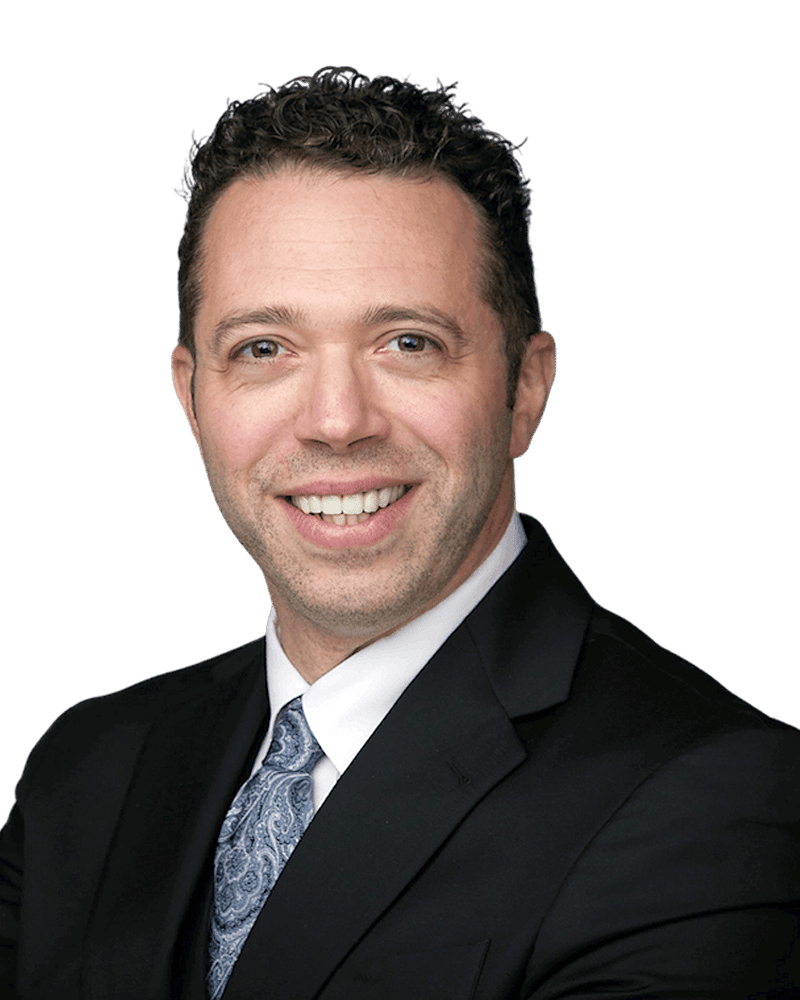“Inconceivable!” The shyster Vizzini (played by Wallace Shawn) used that term often in the sweet 1987 movie “The Princess Bride.” At one point, Mandy Patinkin’s character Inigo Montoya states, “You keep using that word. I do not think it means what you think it means.”
In the commercial fraud context, as I discuss below, reliance upon a misrepresentation by another person, even if a proven shyster, cannot be inconceivable. Instead, it must be justifiable and reasonable.
“In order to sustain an action for actual fraud the plaintiff must prove: (1) that the defendant made a representation, (2) as to a material fact, (3) which was false, (4) and known to be false by the defendant, (5) that the representation was made for the purpose of inducing the other party to rely upon it, (6) that the other party rightfully did so rely, (7) in ignorance of its falsity (8) to his injury.” See, 24 N.Y. Jur., Fraud and Deceit, §14; 37 C.J.S. Fraud § 3; Brown v. Lockwood, 76 A.D.2d 721, 730 (2d Dept. 1980). These elements are essentially the same in both New York State and Federal Courts. See, Marketing Developments, Ltd. v. Genesis Import and Export, Inc., 2009 WL 4929419 *5 (E.D.N.Y. 2009).
In this discussion, I focus on a combination of the sixth and seventh elements—that the reliance was “justifiable” and “reasonable.”
In a 2015 Court of Appeals (the highest Court in New York State) decision, ACA Financial Guar. Corp. v. Goldman, Sachs & Co., 25 N.Y.3d 1043, 10 N.Y.S.3d 486 (2015), the Court held that, in order to successfully plead a claim for fraud, a “plaintiff must allege facts to support the claim that it justifiably relied on the alleged misrepresentations.” The Court continued:
if the facts represented are not matters peculiarly within the [defendant’s] knowledge, and the [plaintiff] has the means available to [it] of knowing, by the exercise of ordinary intelligence, the truth or the real quality of the subject of the representation, [the plaintiff] must make use of those means, or [it] will not be heard to complain that [it] was induced to enter into the transaction by misrepresentations . . .
In other words, if you knew—or could have known—that the misrepresentation was false, you will not likely prevail at trial on a claim for commercial fraud.
In my experience, when deciding whether or not to find a defendant liable for this element of a commercial fraud claim, a judge and jury will not only look at the misrepresentation itself to decide if reliance was justifiable, but also at the person told the falsity and the person who relied on it.
I represent both unsophisticated persons and businesses well versed in the world of commerce. These people will typically be held to a higher standard than the less experienced. For example, let’s say that a young man in his twenties seeks to purchase an exterminating business from his employer, as the seller. Although this young man has been spraying facilities and collecting payments from clients for a couple of years, he has never run—let alone purchased—a business before. In order to enter into the deal, the seller falsely tells the young man that the business is worth $7 million, and presents certain documents as “proof.” Meanwhile the seller knows that, due to the fact that half of his clients are about to switch to another company, the business is actually only going to be worth $3.5 million. The reliance by the young man on such a representation is likely to be deemed “justified” and “reasonable” sufficient to satisfy this element of commercial fraud.
To the contrary, if a 30-year business owner who had previously purchased companies entered into a deal to purchase the same company, and the seller above engages in the same fraudulent tactics, the experienced business owner would likely be expected to have performed adequate due diligence so that he would have uncovered this deception. As such, had the deal been consummated and the purchase then sue for fraud, the experienced business owner would have a far more difficult time satisfying this element of commercial fraud.
I can protect clients during the purchasing process by using my experience to assist a purchaser in obtaining all information necessary to make an informed decision. If in litigation, my years of experience can help clients on both sides by obtaining the information necessary, through documentary discovery, deposition and carefully-worded interrogatories, to either pursue or protect the claims brought.
The Bailyn Law Firm, P.C., founded by Bradley Bailyn, is a very hard-working law firm that provides excellent representation to people who are plaintiffs or defendants in New York commercial fraud cases. If you would like to come in for a free consultation, please fill the form on our website or call 718-841-0025 .

